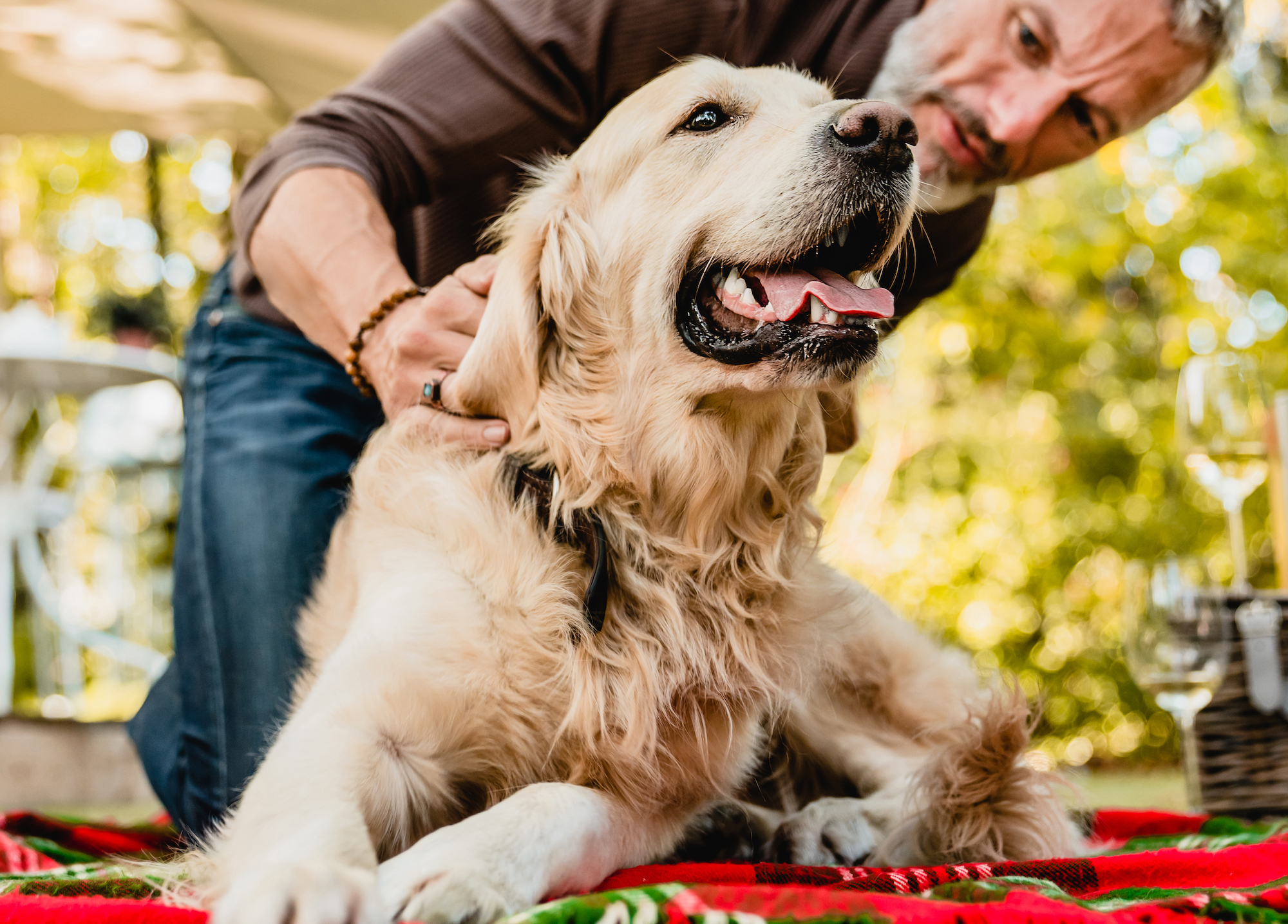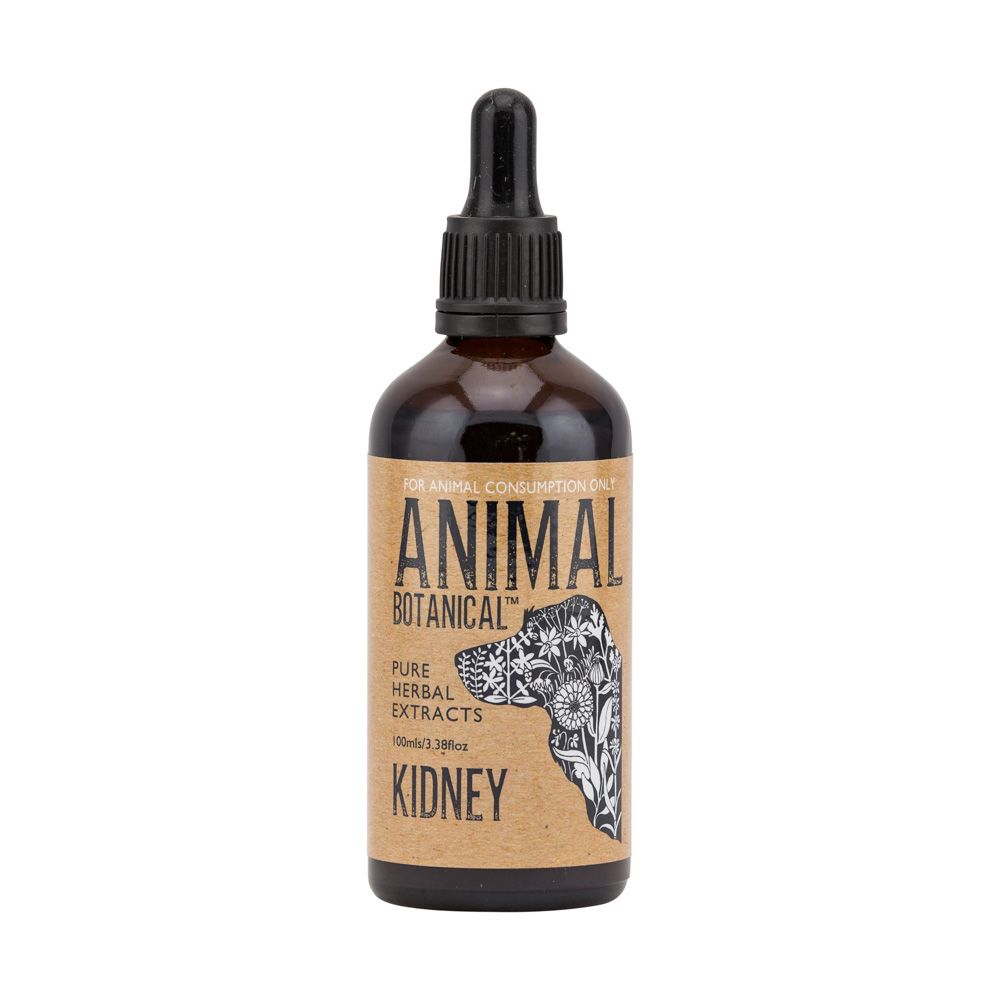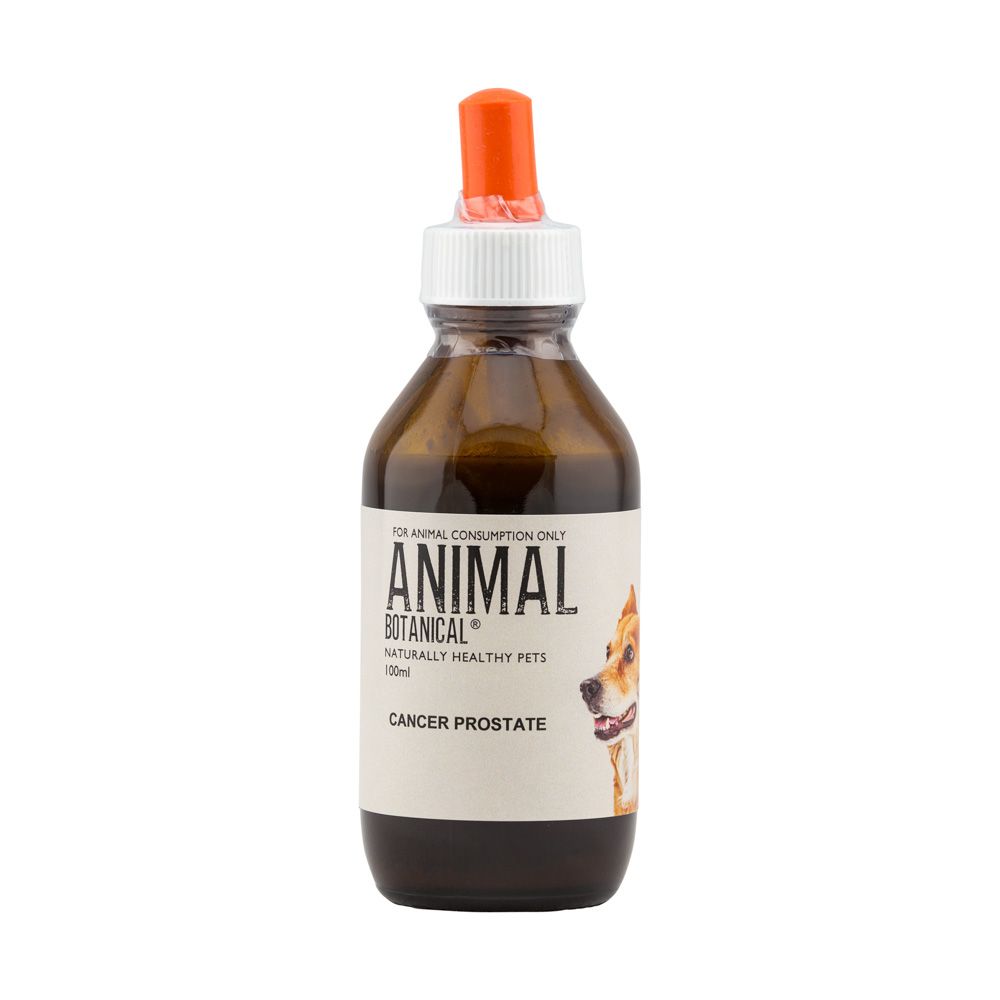A dog’s prostate gland is situated between the bladder and the rectum. It mostly occurs in middle to older aged adult dogs, and only occurs in males. An enlarged prostate gland can affect your dog’s bowel movements or urination and there's some signs to look out for...

Signs you dog may have a prostate problem;
- Changes in urination
- Constipation or straining
- Trouble urinating
- Trouble moving - short steps and stiff rear legs
Prostate problems, apart from prostrate cancer, are rare in companion dogs.
In racing greyhounds this temporary engorgement is easily treated using McDowells, which relaxes the prostate gland and can permanently avoid the difficulty in wetting after races. It can also be due to the overstimulation of adrenalin production.
McDowells Treatment
The Prostate Treatment may be used along with the Animal Botanical Kidney mix, if necessary. It is made up of the herbs:- Black Cohosh, Couch Grass, Celery, Juniper, Rosehips, Saw Palmetto and Valerian as well as the Bach Flower Vine.




